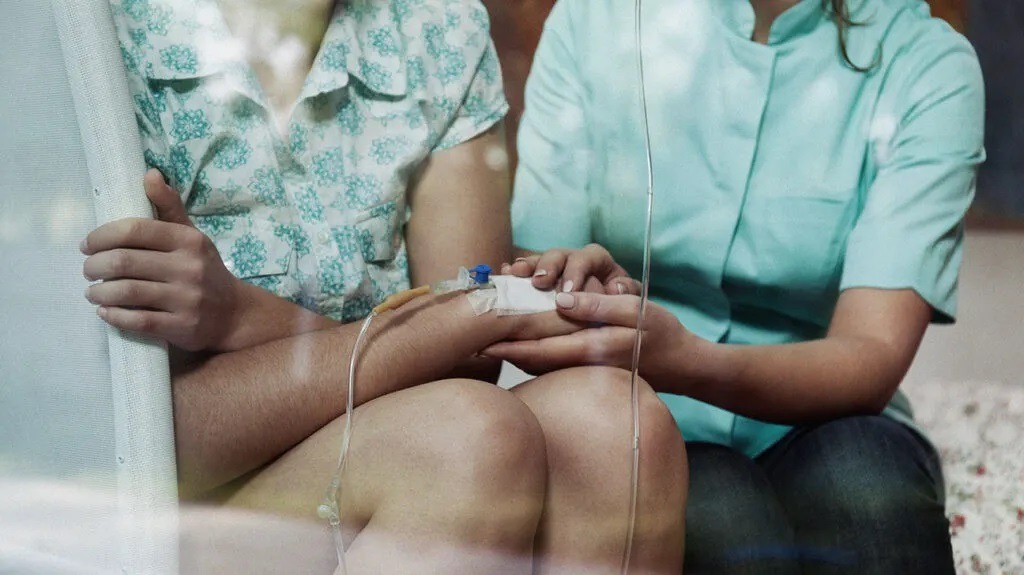Sometimes people will literally try every natural treatment on the market, be it therapy or herbal supplements, and nothing works. They are literally at the end of their rope and that is when medical intervention is a must. Prescription drugs can help some, but even they aren’t guaranteed solutions. Read on to find out if this course of treatment is for you.
The most common treatment for depression is to prescribe selective serotonin reuptake inhibitors, or SSRIs. Anyone who has mild, moderate or even severe depression may find they provide mood-altering benefits. They have the least side effects of any antidepressant on the market, meaning that they are the safest option available from your doctor.
While the list is relatively short in comparison to other drugs, the side effects of SSRIs are still plentiful. They can cause changes in sleep patterns and insomnia, digestive problems, dry mouth, headaches, erectile and sexual dysfunction, increases in sweating, agitation, and rashes or hives. It can also cause some patients to put on weight, a symptom which sometimes actually worsens depression.
The first antidepressant ever offered to patients, monoamine oxidase inhibitors, or MAOIs, are effective but not very safe. When you take these drugs you must alter your diet as they often cause huge spikes in blood pressure when you eat some foods as you take them. If SSRIs fail you, MAOIs are the next option.
The side effects of MAOIs are the same as SSRIs, but also include falling asleep during the day, lightheadedness, low or high blood pressure, changes in how you taste food, muscle pain, urinary problems or paresthesia. This last condition causes you to feel like you have pins and needles all over your body, a very disconcerting condition. The foods you should avoid while on this diet include kimchee and sauerkraut; soy, fish or shrimp sauce; Marmite and other yeast-extract products; fava beans; aged cheese; and cured meats.
Another type of early antidepressants are tetracyclic and tricyclic and tetracyclic. Just like MAOIs, they have a long list of side effects and are normally only a drug of last resort. Just like MAOIs, they can be used when SSRIs don’t have a good efficacy rate.
The side effects of tricyclic drugs can be even more severe than MAOIs. They include vision problems, digestive issues, daytime sleepiness and fatigue, dry mouth, urine retention, dizziness, sexual dysfunction, heart rate increases, seizures, confusion, low blood pressure, increase in appetite and weight gain, headaches, and sunlight sensitivity.
There are other medical interventions which are being tested today that don’t involve prescriptions. For example, DBS or Deep Brain Stimulation is a set of electrodes placed into the brain which stimulate the deep regions, causing better moods. While still in the testing phase, these new treatments may open up new pathways for depressed patients to travel, so keep an ear out for the latest news.
This is just an introduction to what modern medicine can do to help depression. Keep reading to learn more and get an in-depth knowledge of what your options are. This will lead you to find something which works for you sooner or later.








